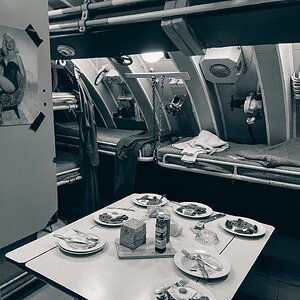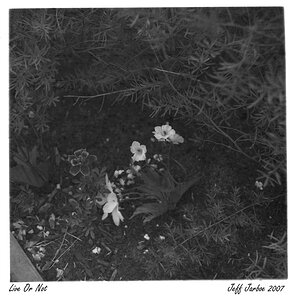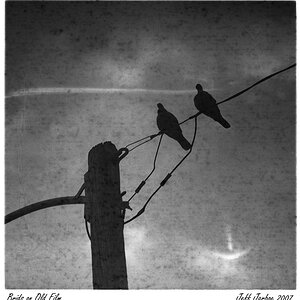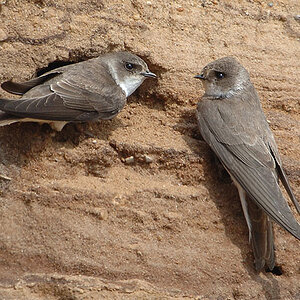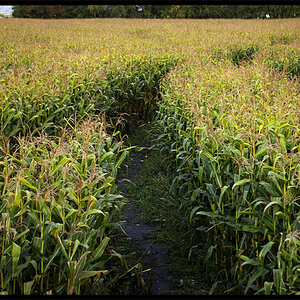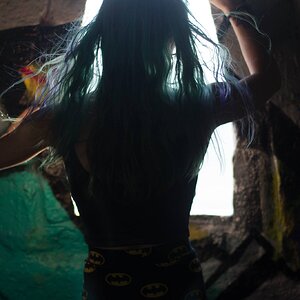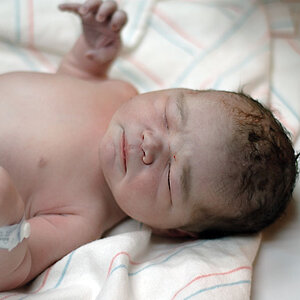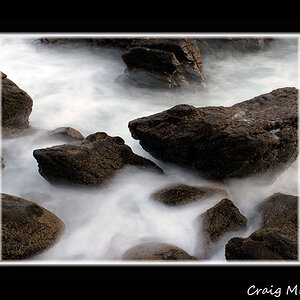elemental
TPF Noob!
- Joined
- Feb 6, 2008
- Messages
- 646
- Reaction score
- 3
From one newb to another, dont discount the other brand names just because everyone here has Canon, Nikon or Sony. Other brands such as Pentax or Olympus make very capable cameras, and although you may not have the choice of 100 different lenses, you should be asking yourself if that is ever going to be an issue.
Yes. Make sure to include every brand available in your decision-making process. I set out to buy an entry-level DSLR thinking that the D40 was the way to go, then I considered the Rebel XT (until I held one- is that really supposed to be acceptable?). With a little more research, I found that the Pentax K100D best fit my needs, a camera I didn't know existed when I started my search.
Of the cameras you're considering, I would definitely take a D80 over a D60/D40 or any sort of Rebel. The Rebel line just doesn't seem well built to me, and the D80 is a huge step up over the D60/D40. In the "other brands" category, I would see what kind of deals are available on and read up on the Pentax K10D. It's an extremely capable camera that can probably be had for D60 money if you look in the right places, and its lens compatibility is the best in the business.


